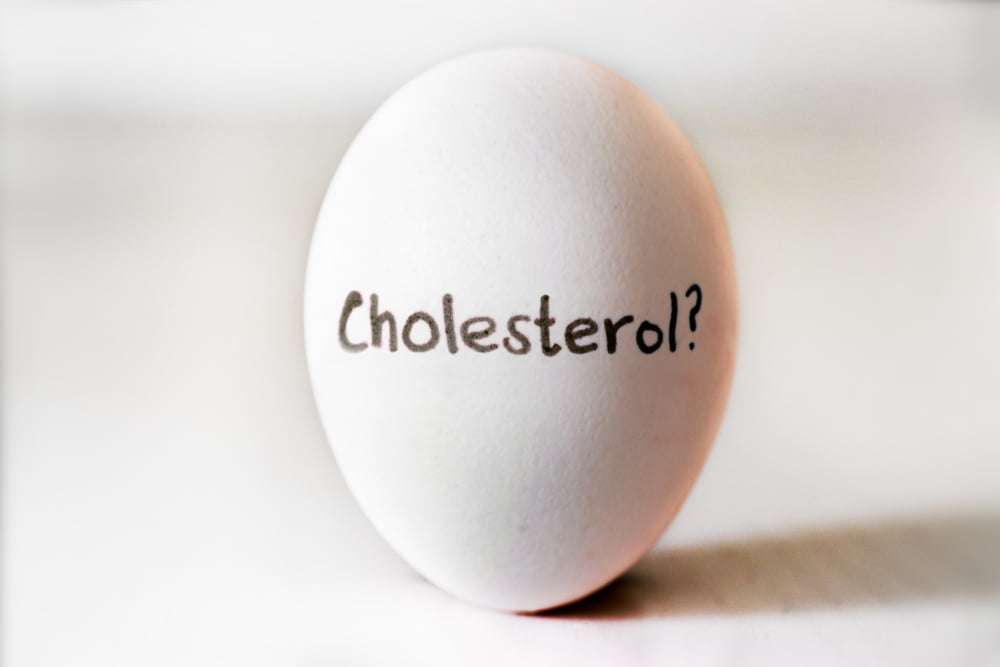
Keeping Cholesterol in Check
The food we eat and our level of activity can greatly effect the amount and quality of cholesterol circulating in our bodies. Once total cholesterol reaches more than 5 mmol/L in the blood, it is considered a high risk factor for various vascular and heart diseases[1]. If you have had a blood test with a similar reading or higher, you may have been asked to think about statins, which is not something to be taken lightly.
“It’s not easy to diet or change the way we eat. It’s even harder if you’ve not been given recommendations based on your existing diet and eating habits. We all know that we should eat well and maintain a healthy lifestyle but recommendations fall short of helping if they adopt a one-size-fits-all approach.”
Emma Harvey Lawrence, Registered Associate Nutritionist (BSc Hons, ANutr)
As diet is hugely influential, it is important to focus on making healthy changes to the foods we choose to eat, to ensure that we’re not increasing the amount of cholesterol being produced.
Saturated fats, sugar, and lack of fibre all contribute to the likely scenario of increased cholesterol in the body.
Emma, the co-founder of Woolpit Complementary and newly qualified Registered Associate Nutritionist (ANutr), provides personalised dietary analysis and cholesterol monitoring (using a finger-prick test) with the aim to help you make dietary changes that last, to help keep your total cholesterol levels as low as possible.
“You’re almost 50% more likely to adopt dietary changes following personalised advice[2], compared to those who receive generic information as part of a standardised recommendation. This is largely because few of us are eating ALL the wrong things. We just need to learn what parts of our diet are already helping us and make small, accumulative changes that go that little bit further for beneficial health outcomes.”
Emma Harvey Lawrence, Registered Associate Nutritionist (BSc Hons, ANutr)
You can read an article written by Emma on Cholesterol and Nutrition on her Nutrition Creative site by clicking here.
All recommendations provided by Emma focus on dietary changes that are designed to be flexible, taking into account your lifestyle and commitments. Supplements will not be recommended unless there is substantial evidence for them to benefit health outcomes and cannot supersede advice from your GP.
References
1, National Health Service (2019) What is High Cholesterol? https://www.nhs.uk/conditions/high-cholesterol/ (accessed 09.10.19)
2, Celis-Morales C., et al. (2017) Effect of personalized nutrition on health-related behaviour change: evidence from the Food4Me European randomized controlled trial, International Journal of Epidemiology, Volume 46, Issue 2, Pages 578–588, https://doi.org/10.1093/ije/dyw186



